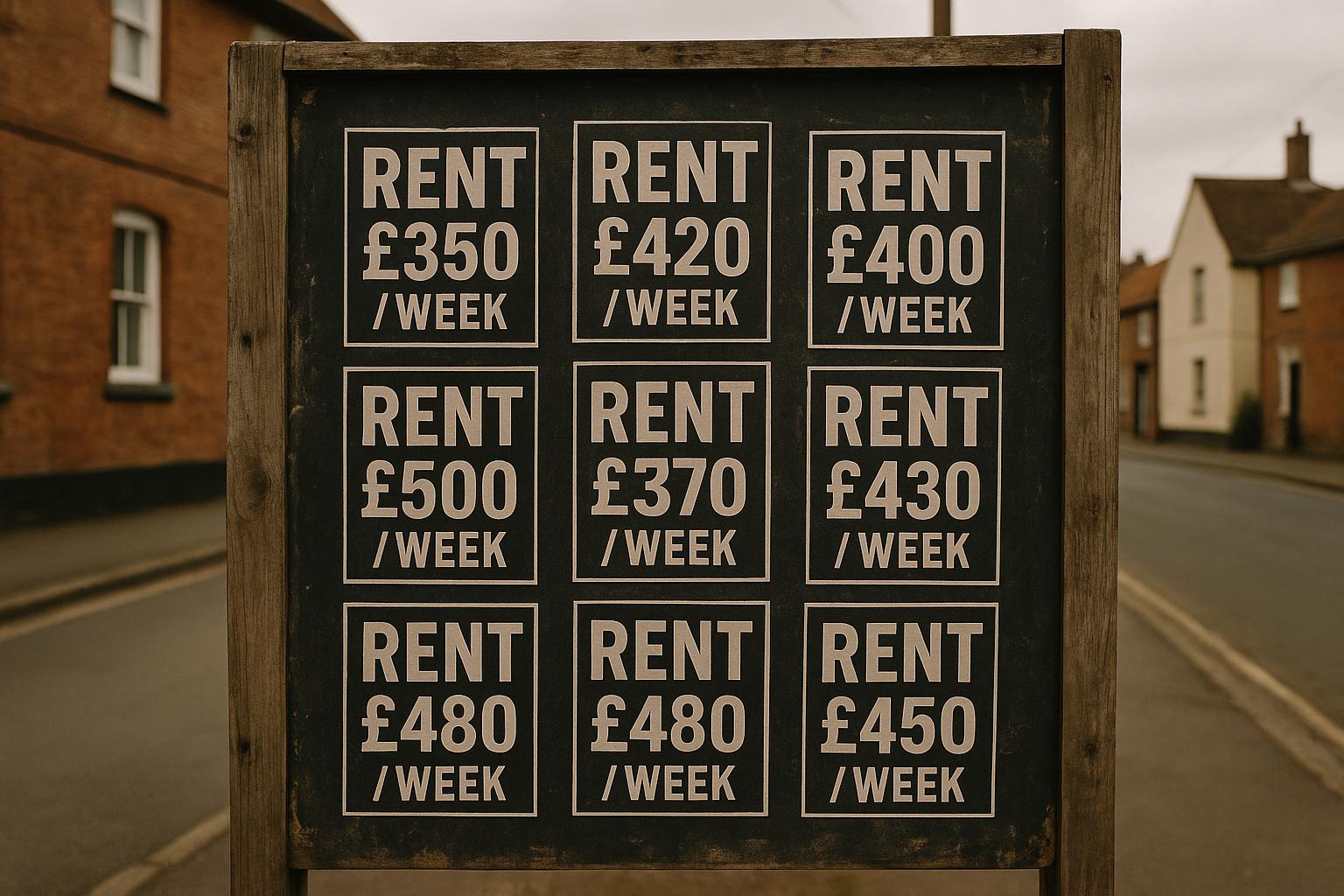Landlords renting out homes to asylum seekers in the UK have increasingly been publicising their ventures on social media platforms such as TikTok, often boasting about the lucrative, taxpayer-funded income streams these arrangements provide. Many of these landlords are capitalising on government schemes that house migrants awaiting decisions on their asylum claims in Houses in Multiple Occupation (HMOs), which have become a preferred alternative to costly asylum hotels.
The government, led by Home Office minister Shabana Mahmood, has outsourced the management of asylum seeker accommodation to local authorities and private contractors such as Serco, Clearsprings, and Mears Group. By March 2025, nearly 67,000 asylum seekers were housed in these dispersal accommodations. Landlords like Dubai-based Luigi Newton promote the financial benefits of owning multiple HMO properties, often leasing them directly to contractors managing asylum accommodation. Newton claims to control £7 million worth of UK property and extols the passive income generated through "government-backed" rental payments, which he manages remotely from overseas. Similarly, Paul Carroll has advised investors online about profitable returns from social housing, noting some of his tenants are undocumented immigrants and describing the income as “totally passive.”
These revelations have stirred political controversy and public concern. Labour MP Chris Murray, a member of the Home Affairs Select Committee, described landlords' apparent profiteering from the asylum system as “brazen” and said it “boiled the blood” to see such exploitation. Critics argue that these arrangements incentivise profit motives in a sensitive area of public policy, where adequate support for asylum seekers intersects with strained housing resources.
The asylum accommodation system has drawn wider criticism for inefficiencies and high costs. In the financial year 2024-25, daily expenditure on asylum hotel accommodation stood at £5.77 million, a figure reduced from £8.3 million the previous year, reflecting government efforts to replace hotels with more cost-effective dispersal housing. The Home Office insists it has cut nearly £1 billion in hotel spending and aims to close all asylum hotels by the end of this parliamentary term—potentially shifting more asylum seekers into the HMO system and other large government sites.
Think tanks like the Institute for Public Policy Research (IPPR) advocate for substantial reform of the asylum housing model. Marley Morris, the IPPR's migration and trade policy lead, described the current system as “really frustrating” and suggested that proper investment in social housing stock, through capital subsidies to local authorities and housing associations, could simultaneously improve the accommodation available to asylum seekers and expand social housing for the wider community.
The legal and regulatory environment surrounding landlords renting to asylum seekers and undocumented immigrants remains complex. While in the UK, new government regulations mandate landlords to verify tenants’ immigration status, with penalties including fines and potential imprisonment for non-compliance—a move intended to curb landlords letting to individuals without legal leave to remain. However, landlords engaged in such letting schemes often work via intermediaries or government contractors, complicating enforcement.
Contrastingly, in regions like California, legislative measures explicitly protect immigrant renters from discrimination based on immigration status. The California Attorney General issued consumer alerts reminding landlords that it is illegal to harass or retaliate against tenants for being undocumented. Further legislation, such as the Immigrant Tenant Protection Act, prevents landlords from reporting tenants’ immigration status to authorities in an attempt to evict them, reinforcing protections for immigrant communities.
This divergence highlights how immigration-related housing policies fluctuate across jurisdictions. While some UK landlords appear to profit from government-backed contracts housing asylum seekers—often touting this on social media as a savvy investment—other regions prioritise tenant protections to ensure immigrants have access to safe and stable housing without fear of discrimination or deportation threats.
The government maintains that its approach balances humanitarian obligations with cost control, having removed 35,000 individuals without legal right to remain in the UK, including a rise in deportations of foreign national offenders. Yet, as small boat crossings continue to challenge the UK’s border and migration system, public debate over housing policy, landlord incentives, and immigrant rights is likely to intensify.
In sum, the use of HMOs for asylum seeker accommodation represents a significant and evolving facet of the UK's migration response, revealing tensions between private profit, public expenditure, humane treatment of migrants, and community impact. While landlords openly share their successes online, calls mount for reform to ensure the system is fair, sustainable, and accountable.
📌 Reference Map:
- Paragraph 1 – [1], [2]
- Paragraph 2 – [1], [3]
- Paragraph 3 – [1], [3]
- Paragraph 4 – [1], [3]
- Paragraph 5 – [1], [3]
- Paragraph 6 – [6], [1]
- Paragraph 7 – [4], [5]
- Paragraph 8 – [6], [1]
- Paragraph 9 – [1], [3]
Source: Noah Wire Services
